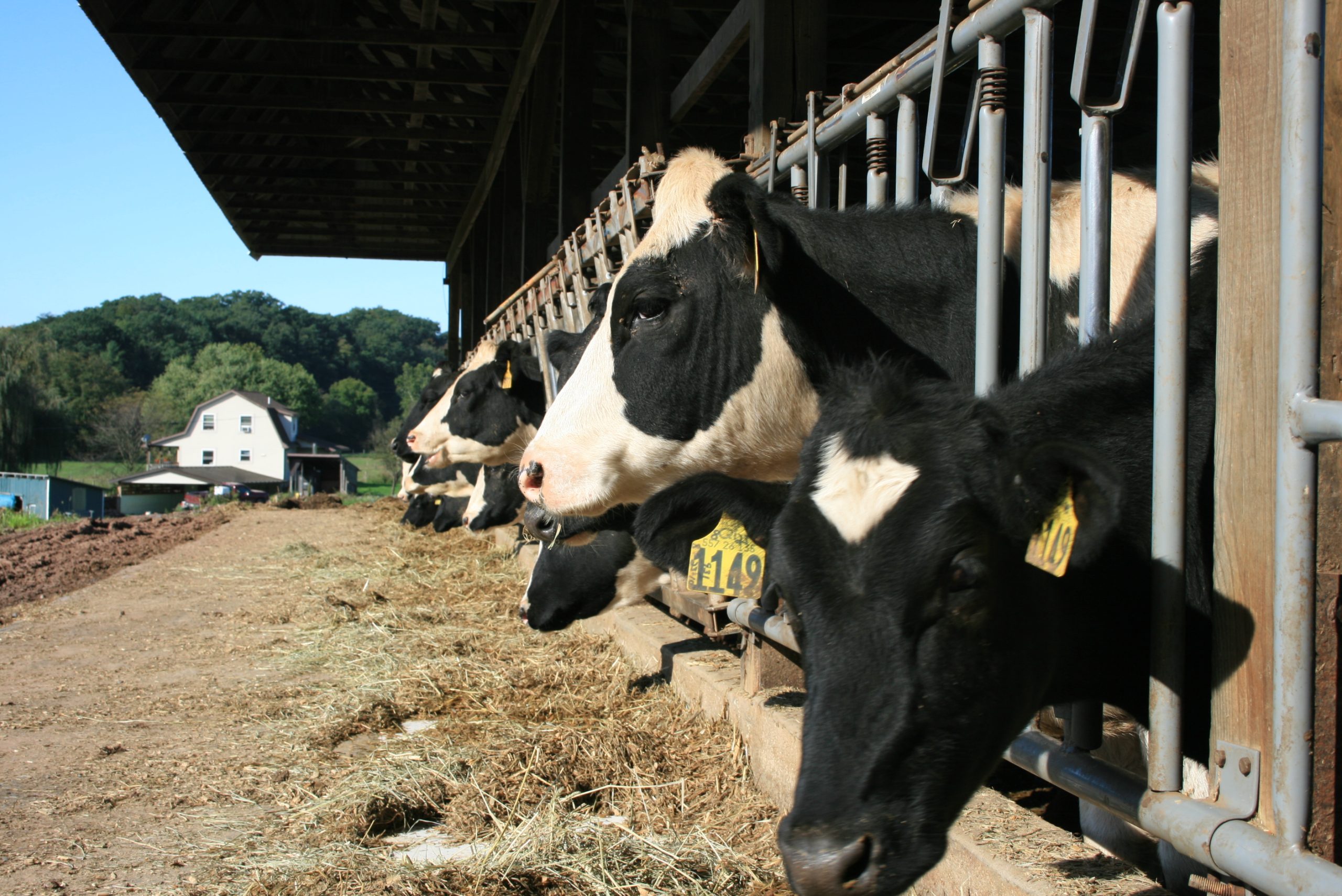Pennsylvania legislators are leading the charge of the bipartisan, bicameral Whole Milk for Healthy Kids Act of 2025, which will allow for unflavored and flavored whole and reduced fat (2 percent) milk to be offered in school cafeterias.
The bill, introduced on Jan. 23 by U.S. Representatives Glenn “GT†Thompson (R-PA) and Kim Schrier (D-WA) and Senators John Fetterman (D-PA), Dave McCormick (R-PA), Roger Marshall (R-KS) and Peter Welch (D-VT), highlights the many health benefits and nutrients milk provides to young Americans, including better bone health, lower blood pressure, and reduced risk of cardiovascular disease or Type 2 diabetes.
In 2010, Congress passed the Healthy, Hunger-Free Kids Act which eliminated whole and two percent milk from schools. The fat is what gives milk its flavor. Currently, schools offer one percent and/or fat-free milk. Children are less likely to choose one percent or skim milk because its flavor and nutrition have been stripped away. The bill did not adhere to science-based nutritional facts regarding milk.
Pediatricians have agreed that without whole milk, children are losing out on the 21 essential minerals and 13 vitamins necessary for healthy development. Medical research has proven that whole milk has several health benefits, such as strong bone density, a healthier immune system, reducing cardiovascular risk, lowering blood pressure, reducing hunger craving, reducing type 2 diabetes risk, and increasing sleep quality.
Congress’ intent was to reduce childhood obesity with the Healthy, Hunger-Free Kids Act of 2010, yet highly processed food is still permitted, which has led to increasing body mass index scores in students. In fact, a study showed that children consuming whole milk had 40% less risk of being overweight. The myth is that whole milk’s 3.25% fat content is causing weight gain. When the beverage is 97 percent fat-free and is the least processed type of milk, it is common sense that whole milk is not the culprit of childhood obesity.
According to the most recent Dietary Guidelines for Americans (DGAs), milk is a source of two under-consumed nutrients – calcium and vitamin D – along with other key nutrients. In order for students to benefit from the nutritional content of milk, they must actually consume the milk, which is more likely to occur with varieties and options.
“Federal policy, based on flawed, outdated science has kept whole milk out of school cafeterias for more than a decade,†said Rep. Thompson. “Milk provides 13 essential nutrients that supplement growth and health, two key factors contributing to academic success. The Whole Milk for Healthy Kids Act of 2025 provides schools the flexibility they need to offer a variety of options, while supporting students and America’s hard-working dairy farmers.â€
“Kids need wholesome, nourishing food to grow strong and stay healthy, and whole milk is packed with the nutrients they need,†said Senator Fetterman. “Let’s give them the option to enjoy it again in schools—it’s good for them, they’ll actually drink it, and it supports our farmers. This bill is a simple solution that benefits everyone.â€
Pennsylvania Farm Bureau is pleased to see Pennsylvania leading the charge on a vital bill for Pennsylvania farmers.
“Pennsylvania Farm Bureau members have waited over a decade to see progress made on getting whole and two percent milk back in schools. We are elated that Rep. Thompson, along with Senators John Fetterman and Dave McCormick are leading the charge on the Whole Milk for Healthy Kids Act of 2025,†PFB President Chris Hoffman said. “Of course, our dairy farmers are going to see benefits of this legislation, but America’s students and families are also beneficiaries. School meals provide nutritional equity and food security. Low-income families who already are struggling to put dinner on the table, cannot afford to purchase the most expensive type of milk. However, medical research and pediatricians have attested that our children need the 21 essential minerals and 13 vitamins necessary for healthy development. We look forward to restoring nutritious beverage options in schools, growing the current pool of fluid milk consumers, and making the dairy industry more profitable for years to come.â€
Also, it is important to remember the nutritional equity and food insecurity piece of the whole milk in schools debate. School meals are an opportunity for students who come from a low-income family to receive fresh and nutritious food and beverages. We have heard the counterargument that parents can supply their kids with whole milk at home if they are concerned about their child not getting the supplements necessary for proper growth. However, tell that to parents who are struggling to put a meal on the dinner table at night because whole milk is the most expensive type of milk. If money is tight, parents are not going to be able to afford the higher price of milk, even though it is better for their child’s health.
For dairy farmers, the Healthy, Hunger-Free Act of 2010 placed a devastating effect on the economic state of the industry. PA’s dairy industry generates almost $15 billion in annual revenue and more than 52,000 jobs.
Since whole milk’s removal from school cafeterias in 2010, the dairy industry has seen a drastic decline in fluid milk consumption, which has impacted producers’ income. Class I or bottled fluid milk is the highest paying class, so when less fluid milk is being consumed, producers are losing income. For childhood nutrition and economic benefits, it is imperative that this bill gets across the finish line.
















